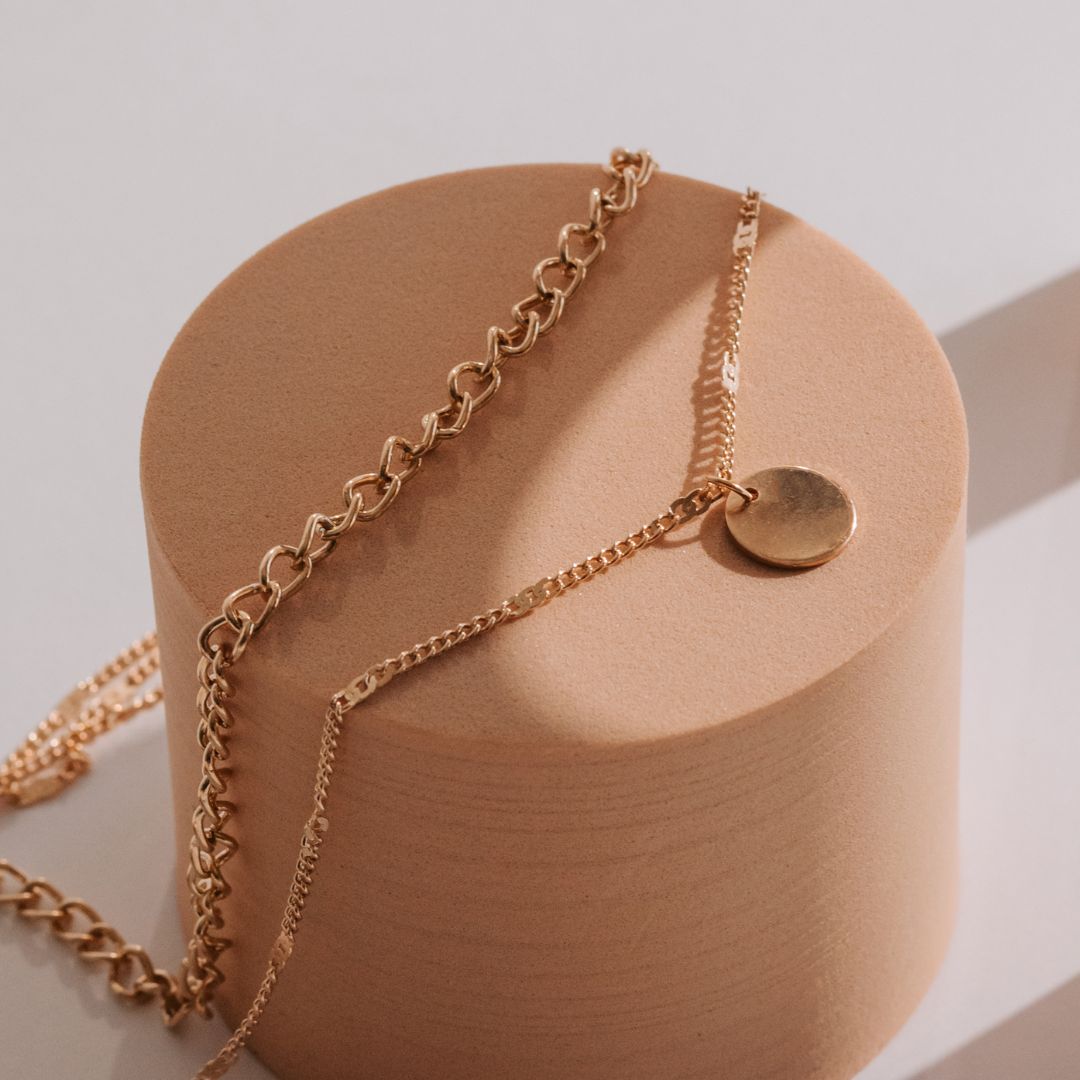Eco-Friendly Fashion: The Rise of Sustainable and Ethical Brands

Fashion has long been associated with change, but in recent years, the industry has witnessed a profound shift towards sustainability and ethics. The rise of eco-friendly fashion is not just a trend but a movement driven by an increasing consciousness about environmental issues and a longing for responsible consumption. This article delves into sustainable and ethical fashion, exploring the motivations, practices, and impact of brands prioritizing style and responsibility.
The Urgency of Sustainable Fashion
As the fashion industry significantly contributes to environmental degradation, the urgency for sustainable practices becomes undeniable. Traditional fashion has left an indelible mark on the planet, from water pollution to excess waste. Sustainable fashion addresses this urgency, adopting eco-friendly materials, ethical production methods, and circular economies to minimize its ecological footprint. Discover how these practices reshape the industry and contribute to a more sustainable future.
The Rise of Ethical Fashion Brands
Ethical fashion goes beyond environmental concerns, focusing on fair labor practices, workers’ rights, and social responsibility. Explore the rise of ethical fashion brands prioritizing transparency in their supply chains, fair wages, and safe working conditions. By choosing ethically produced garments, consumers can support a more equitable industry and contribute to the well-being of workers around the globe.
Materials Matter
The fashion industry is redefining its relationship with fabrics, moving away from resource-intensive materials like conventional cotton and synthetic fibers. Explore the evolution of eco-friendly fabrics, from organic cotton and bamboo to innovative materials like Tencel and recycled polyester. Discover how these materials reduce environmental impact and provide consumers with sustainable, comfortable, and stylish choices.
Circular Fashion
Circular fashion challenges the traditional linear model of “take, make, dispose.” Learn how brands embrace circularity by designing durable products, encouraging repair and reuse, and implementing recycling initiatives. Discover the potential for a fashion industry where every garment has an extended life, reducing waste and minimizing the environmental toll of fast fashion.
The Consumer Revolution
Consumers play a pivotal role in the shift towards eco-friendly fashion. Explore the power of conscious consumerism as individuals increasingly demand transparency, sustainability, and ethical practices from the brands they support. From capsule wardrobes to second-hand shopping, discover how consumers can consciously choose options that resonate with their values, reshaping the market and encouraging more brands to adopt sustainable practices.
Innovations and Collaborations
The fashion industry embraces innovation and collaboration in the quest for sustainability. Explore how technology, design thinking, and partnerships with sustainable initiatives are driving change. From 3D printing and upcycling to collaborations between high-end designers and eco-conscious brands, witness the creative and groundbreaking solutions propelling the industry toward a more sustainable and ethical future.
Conclusion
The rise of sustainable and ethical fashion marks a paradigm shift in the industry, signaling a departure from the past’s environmentally harmful and socially unjust practices. As consumers become more conscientious and brands commit to change, the fashion landscape is evolving into one that prioritizes style and responsibility. From the urgent need for sustainability to the innovations shaping the future, eco-friendly fashion is not just a trend but a transformative movement, proving that fashion can be a force for positive change.


